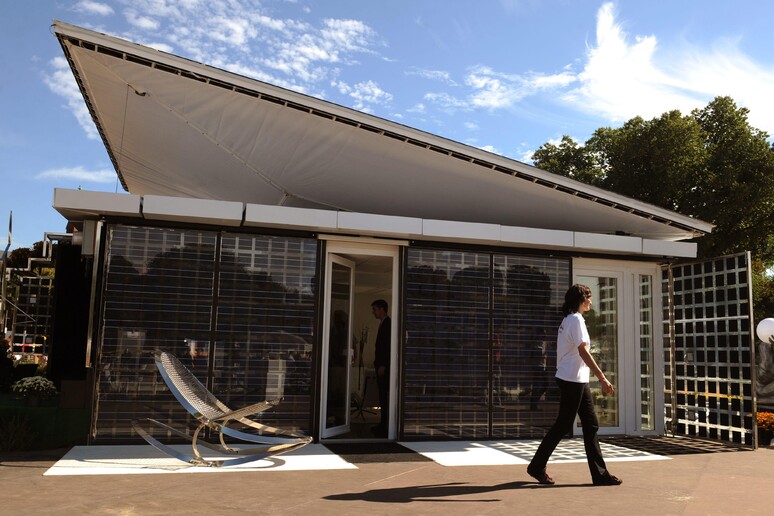(ANSA) - The word 'prosumer' might sound strange to most
people at the moment, but it is set to become an everyday term
in the next few decades in Brazil due to the changes taking
place in energy sector.
'Prosumer' is a combination of the words 'producer' and
'consumer'. At the moment most Brazilians are energy consumers
as they are obliged to buy electricity.
At the same time, however, the opportunities to install
solar, wind and biomass systems are growing, both for
residential and industrial complexes.
Brazilian law has allowed a person to generate electricity at
home and put it into the electricity grid since 2012.
REN 482/2012 created the legal statute for this type of
energy generation, creating a system to reimburse the
electricity.
The law was applied in 2017 but experts say that new
legislation is necessary and inevitable for the sector.
"The regulation in Brazil is pretty mature, but some
adjustments are still needed," said Antonia Sonia Alves Cardoso
Diniz of the Minas Gerais Pontifical University.
Joao Manoel Losada Moreira of the Federal University of the
Sao Paulo Metropolitan Area (UFABC), meanwhile, argues the
'prosumer' phenomenon "is a reality that already exists" and is
unstoppable.
"Today people living in a residential property are
electricity buyers, but in the future they will become energy
generators," he told ANSA.
"And then the electricity company will become the buyer, just
offering an energy-transmission service.
"This outlook requires a total overhaul of the system, which
must be carried out in a coordinated way, so that electricity
companies do not have trouble staying afloat".
Moreira said that this problem is the "predominant issue" in
the energy sector as it "involves economic, technical and
regulatory elements".
"If individual production is stimulated, everyone can become
a electricity producer, but the market would suffer from
overproduction," the professor said.
"That's why the process is slow, because it has to be".
The current legislation does not allow individuals to sell
the energy they produce, only to exchange it with an electricity
company. A user can only receive credits from a local
electricity company for the excess energy produced from
renewable or hydro sources.
The rules could be updated by the end of the year, according
to Brazil's National Agency for Electrical Energy (ANEEL).
With all this debate and all these changes, the concept of
the 'prosumer' was at the centre of many conversations at the IX
Congress of Clean and Renewable Technologies for Energy
Generation at Feira Ecoenergy in Sao Paulo May 21-23.
In the past the event, organised by Cipa Fiera Milano, was
called "Ener Solar + Brasil" but the growing interest in the
energy sector saw it get renamed as "Ecoenergy".
The fair teams up with five other sectors, devoted to
combustible gases, liquids and solids, geothermal energy and
hydroelectricity, on top of the existing ones devoted to GTDC
(generation, transmission, distribution and commercialization),
biomass, wind energy and solar energy.
"The Brazilian market is hot," concluded Antonia Sonia Alves
Cardoso Diniz.
"One of the reasons is the increasing need to complement
hydroelectric plants.
"We are at the end of the rainy season, with water reserves
in the south-east at 40% of their usual level of accumulated
water.
"It us necessary to find other sources of energy, including
solar".
ALL RIGHTS RESERVED © Copyright ANSA











